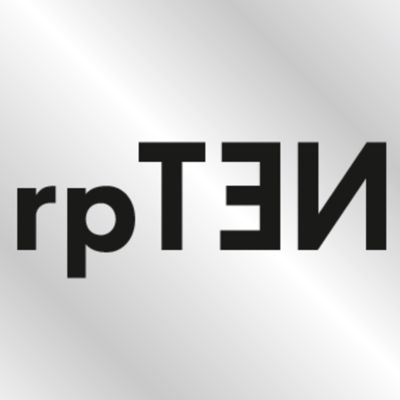Die re:publica ist eines der weltweit wichtigsten Events zu den Themen der digitalen Gesellschaft. Seit ihren Anfängen 2007 mit 700 BloggerInnen hat sie sich zu einer "Gesellschaftskonferenz" mit zuletzt 7000 TeilnehmerInnen aus allen Sparten entwickelt. Hier vermitteln die VertreterInnen der digitalen Gesellschaft Wissen und Handlungskompetenz und diskutieren die Weiterentwicklung der Wissensgesellschaft. Sie vernetzen sich mit einem heterogenen Mix aus AktivistInnen, WissenschaftlerInnen, HackerInnen, UnternehmerInnen, NGOs, JournalistInnen, BloggerInnen, Social Media- und Marketing-ExpertInnen und vielen mehr. Dadurch entstehen Innovationen und Synergien zwischen Netzpolitik, digitalem Marketing, Netz-Technologie, der digitalen Gesellschaft und (Pop-)Kultur. Rund 44 Prozent der Gäste auf der re:publica sind weiblich, kaum eine andere Veranstaltung mit vergleichbarer Ausrichtung kann eine ähnlich ausgewogene BesucherInnenstruktur vorweisen. \ The re:publica is one of the largest and most exciting conferences about digital culture in the world...
https://voicerepublic.com/users/re-publica-2016
#Healthappscombat: Health apps, add true relief? True or Fake
Room: Stage 7
Lars Kalfhaus, Min-Sung Sean Kim, Carla Arrieta, Fredrik Debong, Karolina Joanna Korth, Bastian Hauck
Health apps,lights and shadows
According to the study “Characterization of Apps and Other e-Tools for Medication Use: Insights Into Possible Benefits and Risks” published in JMIR mHealth and uHealth; the vast availability of the technology and the little regulation policing the apps and their development are a risk for both patients and Healthcare Professionals. Nowadays, you do not need to be a medical professional or source medical input to develop a health app.
Even so, mhealth applications designed to capture real-time health information are being used to monitor and self-managing diseases, particularly regarding chronic conditions, but they also address public health problems in large populations.
Moreover, digital platforms that automatize processes replacing dated visits lower costs and save, not only HCPs but also patients and their families, an important amount of time.
Mhealth services can also strengthen education and trigger behavioral changes that help to adopt healthy habits. In addition, these apps can help patients obtain the right information at all times and better understand their diagnoses and treatments. Doing so allows them to have more to say in their treatment and empower them to take to take more responsibility.
On the other hand, according to the Food and Drug Administration (FDA), mobile health apps "meet the definition of a medical device and are an accessory to a regulated medical device or transform a mobile platform into a regulated medical device." In this sense there are a number of doctors and researchers that alert on the risk of patients taking too much control and overcome the medical treatment.
Whereas, both HCPs and patients are using already these tools, policy makers haven’t yet arrive to regulate this new environment. Last year, the FDA issued the “final guidance for d... Produced by Voice Republic For more podcasts visit http://voicerepublic.com
